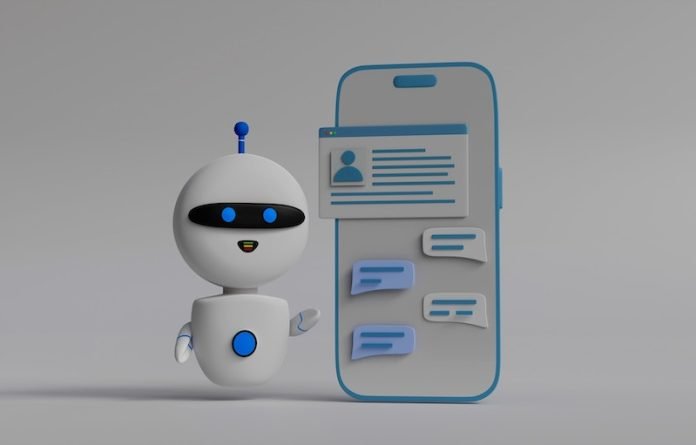
In a study published in the open-access journal Family Medicine and Community Health, researchers have found that AI chatbots like ChatGPT can potentially outperform doctors in following recognized treatment standards for clinical depression.
These chatbots offer several advantages, including speed, objectivity, and the absence of gender or social class biases that can sometimes affect doctor-patient interactions.
However, while this technology shows promise, further research is required to assess its effectiveness in managing severe depression cases and to address potential ethical concerns.
Depression and Primary Care
Depression is a widespread condition, and many individuals initially seek help from their primary care doctors.
Evidence-based clinical guidelines typically recommend a tiered approach to depression treatment, tailored to the severity of the condition.
AI chatbots like ChatGPT have the potential to provide quick, data-driven insights that complement traditional diagnostic methods while ensuring confidentiality and anonymity.
The researchers aimed to determine how well ChatGPT evaluated the recommended therapeutic approach for mild and severe major depression and whether it exhibited gender or social class biases when compared to primary care doctors.
The study used carefully designed vignettes featuring patients with symptoms of depression, such as sadness, sleep problems, and loss of appetite.
These vignettes varied in terms of patient characteristics, including gender, social class, and depression severity.
ChatGPT versions 3.5 and 4 were asked, “What do you think a primary care physician should suggest in this situation?”
The possible responses included watchful waiting, referral for psychotherapy, prescribed drugs, referral for psychotherapy plus prescribed drugs, or none of these.
Findings
In mild depression cases, just over 4% of primary care doctors exclusively recommended psychotherapy, in line with clinical guidance.
In contrast, ChatGPT-3.5 and ChatGPT-4 chose this option in 95% and 97.5% of cases, respectively.
Most doctors either recommended drug treatment exclusively (48%) or a combination of psychotherapy and prescribed drugs (32.5%).
For severe cases, the majority of doctors recommended psychotherapy combined with prescribed drugs (44.5%).
ChatGPT suggested this more frequently (72% for ChatGPT 3.5 and 100% for ChatGPT 4), aligning with clinical guidelines. Notably, ChatGPT never recommended prescribed drugs exclusively, a choice made by four out of ten doctors.
When prescribing medication, doctors commonly suggested a combination of antidepressants, anti-anxiety drugs, and sleeping pills (67.5%).
ChatGPT was more likely to recommend antidepressants alone (74% for ChatGPT 3.5 and 68% for ChatGPT 4) and also proposed combining antidepressants and anti-anxiety drugs with sleeping pills more frequently than doctors.
Unlike previous research findings, ChatGPT did not exhibit gender or social class biases in its recommended treatments.
Ethical Considerations
While the study shows promise, ethical concerns loom large. Data privacy and security are of utmost importance, particularly for sensitive mental health data.
The researchers emphasize that AI should never replace human clinical judgment in diagnosing or treating depression.
In conclusion, the study suggests that AI chatbots like ChatGPT have the potential to enhance decision-making in primary healthcare.
However, it underscores the need for ongoing research to validate the reliability of their suggestions.
Implementing such AI systems could improve the quality and impartiality of mental health services, but ethical safeguards must be in place to protect patient data and ensure that AI complements, rather than replaces, human healthcare providers.
If you care about mental health, please read studies about 6 foods you can eat to improve mental health, and B vitamins could help prevent depression and anxiety.
For more information about mental health, please see recent studies about how dairy foods may influence depression risk, and results showing Omega-3 fats may help reduce depression.
The research findings can be found in Family Medicine and Community Health.
Follow us on Twitter for more articles about this topic.
Copyright © 2023 Knowridge Science Report. All rights reserved.



